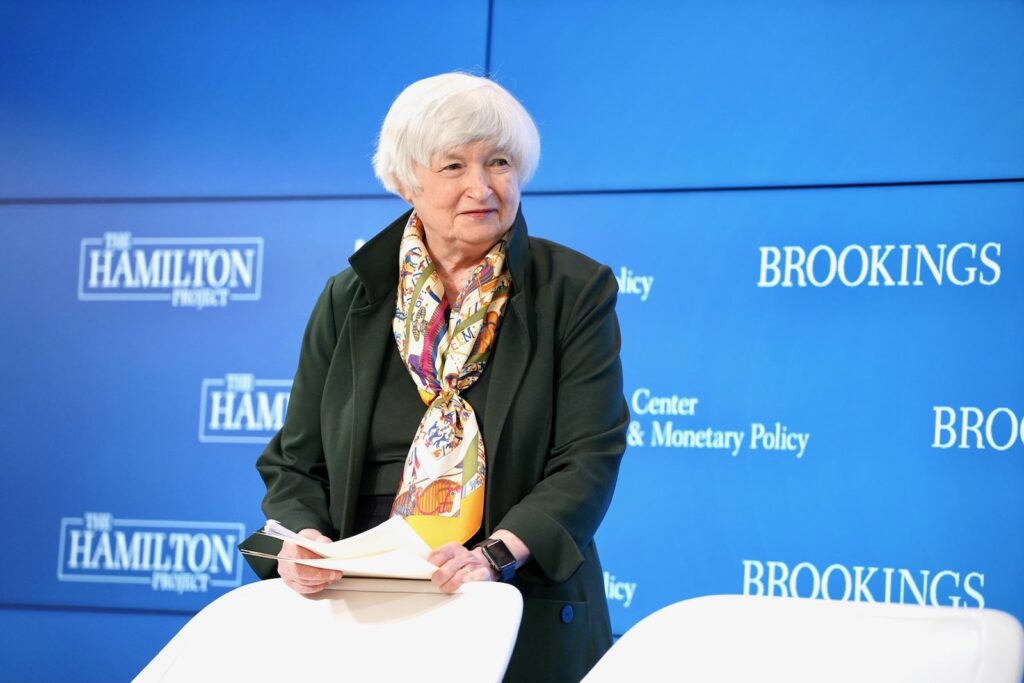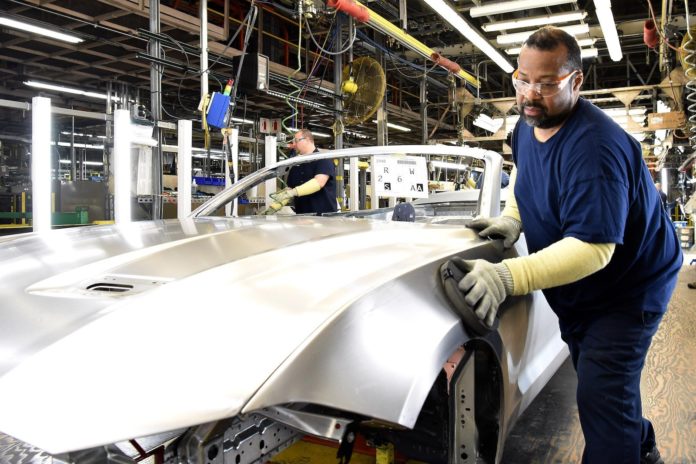The U.S. auto industry has faced a range of challenges during the past three years including COVID-19, logistics snarls, rising material costs and semiconductor shortages.
Now a looming standoff about raising the national debt ceiling between the new Republican majority in the U.S. House of Representatives and the Biden administration could have dire consequences for the economy in general and auto sales specifically at a time when manufacturers are investing billions of dollars in the shift to electric vehicles.
Affordability not just an issue for EVs
Jonathan Smoke, the chief economist for Cox Automotive, noted in an update this week, rising interest rates engineered by the Federal Reserve Board throughout 2022 are already having a negative impact on auto sales. The Fed isn’t expected to reduce rates until the first quarter of 2024 at the earliest as it continues its battle against inflation.
New-vehicle affordability in December was much worse than a year ago when prices were lower, incentives were higher, and rates were lower. The estimated number of weeks of median income need to purchase the average new vehicle in December was up 7% from last year, according to Cox Automotive Chief Economist Jonathan Smoke
“January has started with mixed trends,” said Smoke in Cox’s Jan. 17 Auto Market Report video. “January is always a very light month for sales transactions, so I am not drawing any conclusions from the data we have seen so far other than to say the market’s biggest problem is affordability driven by the high level of interest rates.”

Charlie Chesbrough, senior economist and senior director of industry insights at Cox Automotive, noted the combination of higher prices and rising interest rates on vehicle loans has left manufacturers more dependent on affluent customers.
Interest rates could go higher
Higher interest rates also have pushed the U.S. economy closer to recession, albeit a relatively mild one by historical standards for carmakers, analysts note.
“The U.S. auto market is struggling, impacted by supply chain, labor, logistics, inflation, and wider economic concerns,” said Chris Hopson, manager, North American light vehicle sales forecast, S&P Global Mobility.
“Given the risk of a U.S. recession U.S. sales volumes are expected to reach 14.8 million units in 2023, an estimated increase of 7% from 2022 level of 13.8 million units but well below the 16.5 million-to-17-million-unit level, which had prevailed in the years prior to the pandemic.
“Ongoing supply chain challenges and recessionary fears will result in a cautious build-back for the market. U.S. consumers are hunkering down, and recovery toward pre-pandemic vehicle demand levels feels like a hard sell. Inventory and incentive activity will be key barometers to gauge potential demand destruction,” Hopson added.

Debt ceiling issue
Meanwhile, the Biden administration warned higher interest rates and a more severe recession could be in the offing if Congress fails to act soon on the debt ceiling, which the U.S. could reach this week.
If the U.S. defaults on its debt, Janet Yellen, the U.S. Secretary of the Treasury, has said the full faith and credit of the United States would be impaired.
In addition to a recession, Yellen has also said failing to raise the debt ceiling would likely raise interest rates for both U.S. citizens and the government’s own interest payments on the national debt.
“Failure to meet the government’s obligations would cause irreparable harm to the U.S. economy, the livelihoods of all Americans, and global financial stability,” Yellen wrote in a letter to Republican House Speaker Kevin McCarthy and other Congressional leaders. Indeed, in the past, even threats that the U.S. government might fail to meet its obligations have caused real harms, including the only credit rating downgrade in the history of our nation in 2011.
“Increasing or suspending the debt limit does not authorize new spending commitments or cost taxpayers’ money. It simply allows the government to finance existing legal obligations that Congresses and Presidents of both parties have made in the past.”
McCarthy, however, and other Republicans are continuing to demand cuts in the programs such as Social Security and Medicare, which President Joe Biden says are unacceptable.

